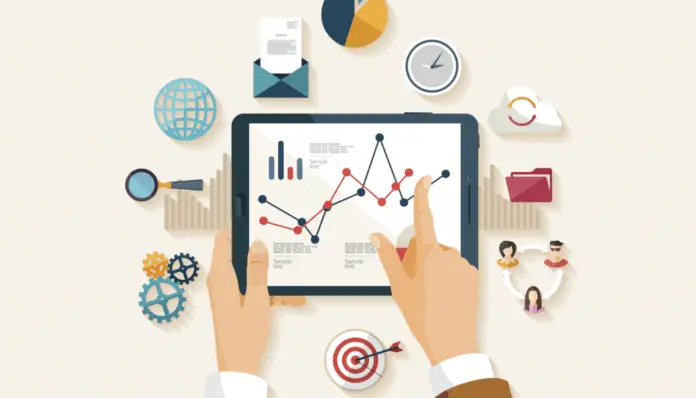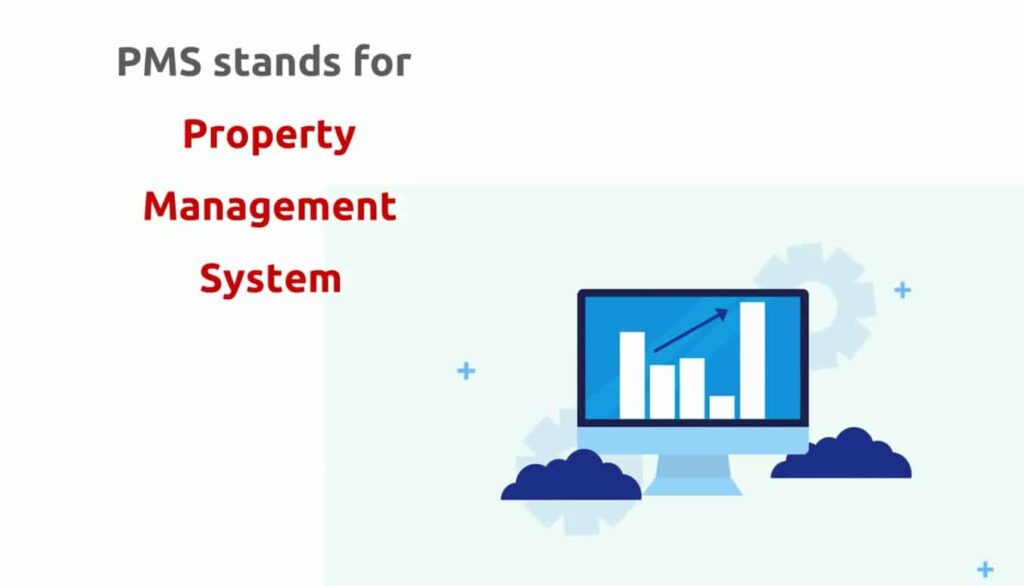What is PROPERTY MANAGEMENT SYSTEM (PMS) in front office ?
A generic term used to describe the application of computer hardware and software in managing the interface of various departments of a hotel.
Examples of PMS:
- Fidelio
- IDS
- PMS
- Visual Oui
- Opera PMS
- Innfront
- CLS
Interface with other softwares –
- Energy Management System (EMS)
- Human Resource System (HRS)
- Material Management System (MMS)
- Accounting System
- Point Of Sale System.
SELECTION OF PMS
The steps involved in selection of a Property Management System are:
STEP 1: Identification of Need
Firstly an analysis is done to determine whether there is a need of computerized system or not.
The following steps are followed in this process:
- Selection of a team comprising the representation from all the departments at all levels from all the shifts to analyse the needs. .
- Analyze the flow of guests through the visit to the hotel i.e. an analysis of the guest cycle.
- Analyze the flow of information from other departments to the front office e.g. billing information, room status information etc.
- Analyze the administrative paper work produced in other departments.
- Evaluate the needs that have been identified in terms of importance.
- Combine the needs to determine the desired applications.
STEP 2: Software Selection
- Today, software is available in modules to cater to different areas in a hotel.
- Based on requirement, as deduced from the needs analysis in step 1, a hotel may go in for the entire PMS or parts thereof.
- Proper software selection is very important, as it involves a, heavy investment.
- Configured or customized as per the need of the hotel.
STEP 3: Hardware Selection
- The hardware should be selected to run the needed software.
- The basic factors to consider here are the Processor speed, Disc drives, I/O Port for connecting peripheral devices & for networking, Monitors/ touch screens, Keyboards, Printers, Modems and Supplies: paper, forms, ribbons, ink, toner, cartridge, floppies, DA T, CD-RW etc.
The other factors to be kept on mind while selecting the hardware are:
- Positioning of hardware: based on the workflow analysis done during needs
analysis.
- How does it benefit the guest, who will operate it, who all will require
access to the system at that position.
- Climatic condition: whether air-conditioning required/not esp. in back-of-the-house
areas.
- Ergonomics: psychological & physiological effect of computers on people.
STEP 4: OTHER CONSIDERATIONS
- Vendor Claims: Claims made by the supplier. One must inquire about the product from the current users of the same; whether they are satisfied using the system, problems faced by them in using the system.
- Installation plans: Proper planning of installation is essential for maintaining guest services & employee morale. One must have a complete plan laid out for installation of hardware & cabling in different areas of the hotel; also, who shall be installing the hardware & who shall be installing cables.
- Training: Classroom & on-the-job training provided by vendor or not. If yes, charged or inclusive. Whether training module has been provided or not. Documentation of procedures.
- Back-up power sources: Provision of UPS.
- Maintenance agreement: The cost of repair & replacement of hardware & software. Emergency services.
STEP 5: FINANCIAL CONSIDERATIONS
- The decision regarding purchase or rental of a PMS since heavy investment can tie-up the cash flow of an organization.
- Also, if cost benefits are not realistically projected, profits may be difficult to come by.
- analyse the savings in terms of overtime paid to the employees, losses due to late charges, cost of marketing database collection, wastage of
- advantages of outright purchase, discount for full payment in cash, finance charges, depreciation.
- advantages of lease: continuance of cash flow, application of lease payments to purchase price, tax advantages of leasing etc.
PMS APPLICATIONS
The modules of an ideal PMS are as follows:
Reservations
- Guest data
- Room inventory
- Deposits
- Special requests
- Blocking
- Arrivals
- Departures
- VIP
- Projected occupancy
- Travel agents
- Guest messages
- Reports
Registration
- Reservations
- Guest Data
- Room inventory
- Room status
- Security
- Reports
- Self check-in
Room status
- Room inventory
- Availability
- Reports
Posting
- Point of sale
- Room
- Tax
- Transfer
- Adjustments
- Paid out
- Miscellaneous charges
- Phone
- Display folio
- Reports
Call Accounting
- Guest information
- Employee information
- Post charges
- Messages
- Wake-up calls
- Reports
Checkout
- Folio
- Adjustments
- Cashier
- Back office transfer
- Reports
- Guest History
Night Audit
- Guest charges
- Department totals
- City ledger
- Cashier
- Financial reports
- Housekeeping
Inquiries! Reports
- Reservations
- Registrations
- Checkouts
- Housekeeping
- Credit balances
Back Office
- Accounts payable
- Accounts receivable
- Payroll
- Budgets
- General ledger
- Reports
Housekeeping
- Room availability
- Personnel assignments
- Analysis
- Housekeeper’s report
- Equipment supplies inventory
- Maintenance requests
Food and Beverage
- Point of sale
- Posting
- Cashier reports
- Food/beverage inventory
- Recipes
- Sales control
- Sales production analysis
- Labour analysis
Maintenance
- Review work orde, 2. Status, 3. Cost/ labour analysis
- Inventory, 5. Repair cost analysis
- Energy usage analysis, 7. Guest room power start
Security
- Keys, 2. Fire alarm
- Burglar alarm, 4. Security code transactions
Marketing_ and sales
- Guest history, 2. Word-processing, 3. Client file
- Banquet files, 5. Desktop publishing
- Reports, 7. Travel agencies
Personnel
- Employee file, 2. Job control list
- Word processing, 4. Analysis
- Reports
Electronic Mail
- Security codes, 2. Mail, 3. Hard copy
Time clock
- Security codes, 2. Personal identification number, 3. In, 4. Out, 5. Analysis, 6. Reports



